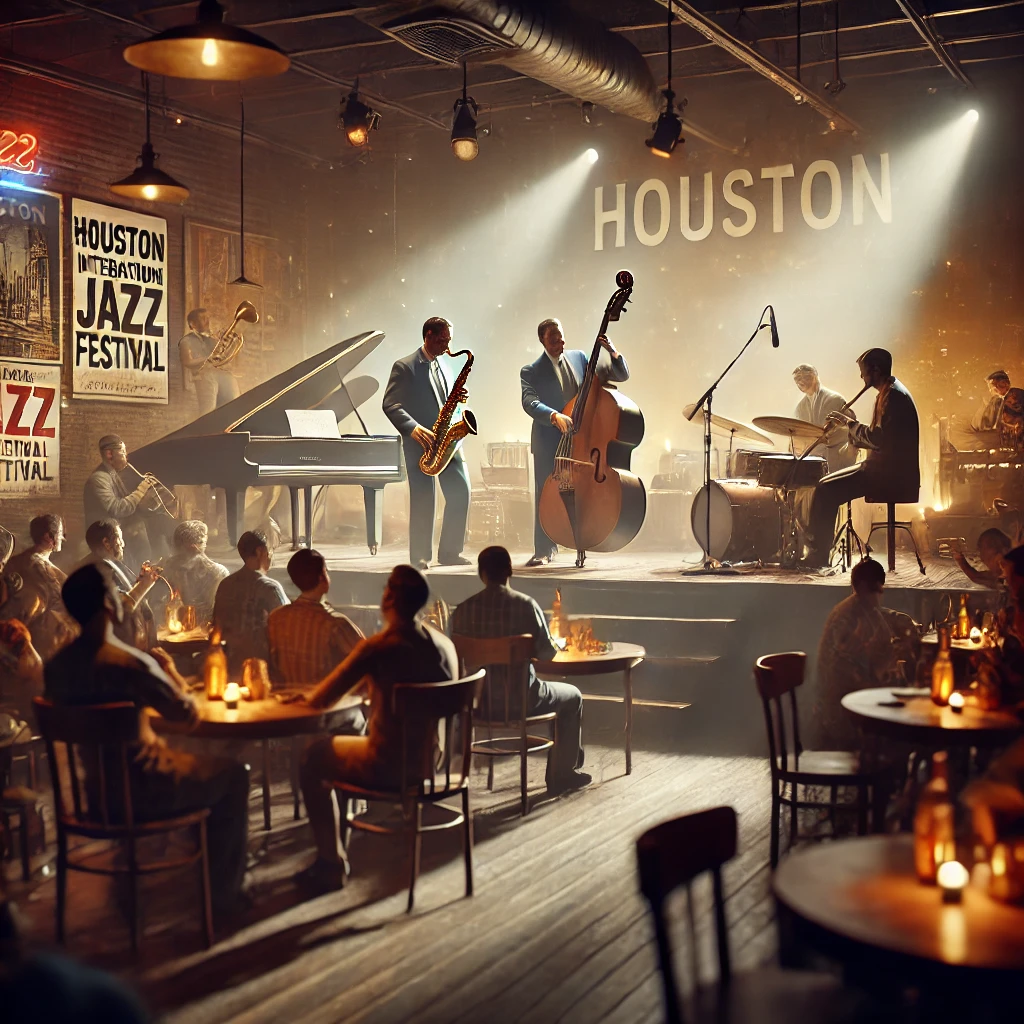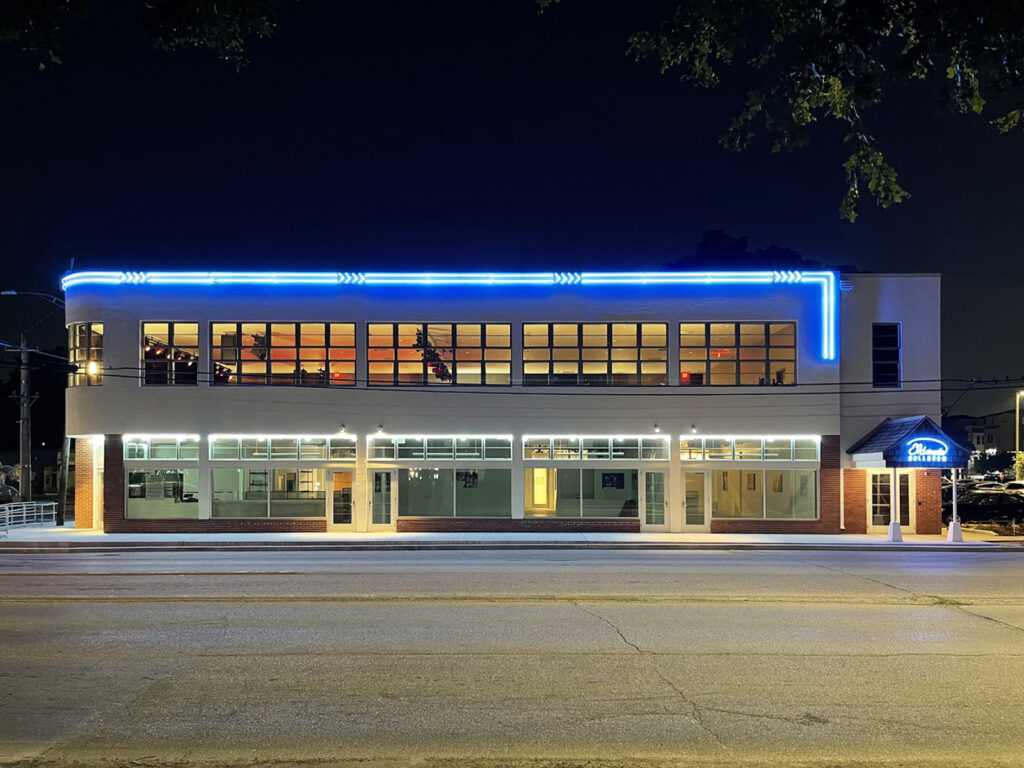
The Early Roots of Jazz in Houston
Houston’s jazz legacy stretches back to the early 20th century, evolving alongside the city’s growth. Jazz arrived in Houston via African American communities, deeply rooted in the Third and Fifth Wards, historically significant neighborhoods. Musicians traveling between New Orleans and Texas brought with them the vibrant rhythms of jazz, and Houston became a pivotal stop along this route.
During the 1920s and 1930s, jazz began flourishing in local clubs and dance halls. The famous Eldorado Ballroom, located in the heart of the Third Ward, opened in 1939 and became a major venue for jazz performances. It provided a stage for both local talents and national stars passing through Houston. Musicians such as Illinois Jacquet, born in nearby Broussard, Louisiana, helped elevate the Houston jazz scene. Jacquet, a tenor saxophonist, later achieved international fame, becoming one of the most influential jazz musicians of his time.

Iconic Venues: Where Houston’s Jazz Thrived
Houston’s jazz scene has long been associated with iconic venues that brought music to life.
- Eldorado Ballroom: A hub for jazz and blues during segregation, known for its lively atmosphere.
- Cezanne Jazz Club: A more intimate venue, offering nightly performances by both local musicians and touring artists.
These venues have contributed to preserving Houston’s jazz culture, allowing artists to collaborate and innovate, keeping the genre relevant in the modern era.
The Impact of Jazz on Houston’s Culture
Jazz has not only shaped Houston’s music scene but has also contributed to the city’s broader cultural identity. The genre has inspired many community events and festivals, providing a platform for diverse musicians and drawing audiences from all backgrounds. The Houston International Jazz Festival, founded in 1991, remains one of the city’s most important cultural events, showcasing talent from across the globe and celebrating jazz’s enduring influence.
Houston is also home to educational programs that promote the next generation of jazz musicians. Institutions like the High School for the Performing and Visual Arts (HSPVA) have nurtured talented students, many of whom have gone on to successful music careers.
Jazz Festivals and Annual Events
Houston’s jazz tradition is celebrated through several annual events that keep the spirit of the genre alive.
- Houston International Jazz Festival: A large-scale event that attracts musicians from around the world, offering a mix of traditional and contemporary jazz performances.
- Red Cat Jazz Festival: Known for its waterfront setting, this festival celebrates jazz with an emphasis on Southern hospitality and local talent.
- Midtown Jazz Jam: A weekly gathering where musicians and enthusiasts come together to perform in an informal, welcoming environment.
These events help foster a sense of community while exposing new audiences to jazz’s rich history and evolving sound.
The Future of Jazz in Houston: Evolving and Expanding
As Houston continues to grow, so does its jazz community. The city’s diverse population has contributed to the evolution of jazz, with modern artists incorporating elements of hip-hop, R&B, and electronic music into their performances. Venues like Cezanne and The Heights Theater provide platforms for these emerging sounds, ensuring that jazz remains relevant to new generations.
Houston’s jazz education programs also play a crucial role in preserving the genre. Through public school programs and private music schools, the city continues to inspire young musicians to explore the art form and keep jazz alive.